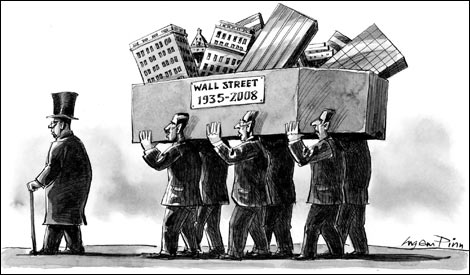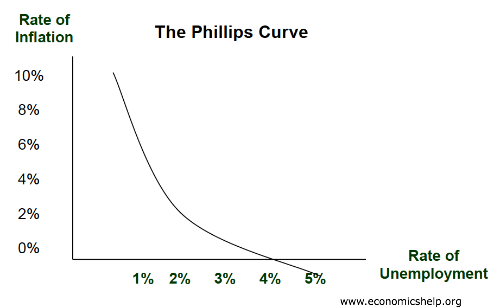Is the world reverting to a struggle between great powers? Or is the democratising spirit of 1989 still alive?
Today, after over two decades of post cold war period, we can see all set of changes in the World, which surrounds us. The biggest totalitarian regime collapsed and new democracies emerged. The current global political situation definitely did not reach “the end of history” status. Authoritarian states still exist and become gradually more powerful, sometimes more powerful tan anyone has been expecting. What will be the direction of todays World political evolution? Will we come back to the struggle between great powers or maybe the democratisation spirit of 1989 will keep spreading all around?
The advocates of the first thesis claim that the democracy will not necessarily prevail in the whole civilised world. Giving the examples of China and Russia, they prove that autocratic powers are becoming overwhelmingly powerful in the economical area and have gradually more influence in the international relation aspect (After all both of the mentioned non - democracies have places in the Permanent Security Council of the UN, which consist of the most influential states in the World). Additionally, new and naturally hostile powers, such as Iran or Pakistan, grow in power, and do not seem to be in favour of transforming into democracies. There are also new, religion conflicts such as Islamic Jihad, which aim is to fight the (un)Holly War against the West, mainly by the terrorism. After the cold war the main division axis collapsed and the democracy prevailed, but some new divisions emerged and still lead the people to the fight.
The followers of the more optimistic way of seeing the current World say that the democracy will finally win, because it simply has to. That is because democratic states allow their citizens to develop and are technologically more advanced. Their societies are simply better at each aspect so how can they lose. The states like China or Russia will also become democratic, simply because the wealthier and more aware societies will demand it. China, for example, is claimed to be slowly, but constantly democratising. Other examples, confirming that there is gradually less place for the dictators, is the Northern- African revolution, where old satraps like Mubarak or Gaddafi were overthrew after decades of ruling. It shows, that the democratisation may not be quick, but it eventually comes.
I think that, although there are still many autocratic regimes, the democratising spirit is still growing and will eventually prevail. It is true that today not only the Western democracies play the key role in the international politics, but gradual transformation among the other powers proceeds. Today we live in a globalised World and the nations can no longer be separated from the rest. People will always fight for their best and will always desire freedom and democracy is the only way to provide both of these qualities.











